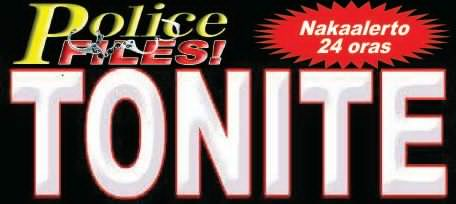Advertisers
Renewing his call for the revival of the Bicol Express rail line, Representative Brian Raymund Yamsuan said the government should explore Japan as a feasible funding source to jumpstart the implementation of the stalled project.
Yamsuan noted that Japan continues to offer highly concessional financing packages to the Philippines for infrastructure projects.
For instance, the third tranche of the loan for the proposed Metro Manila Subway funded by the Japan International Cooperation Agency (JICA) carries an annual interest rate of 0.3 percent for non-consulting services and 0.2 percent for consulting services with a lengthy 40-year repayment period, according to a recent statement from the Department of Finance (DOF).
“JICA’s concessional loan terms for the Philippines remain competitive enough for the Department of Transportation (DOTr) to consider Japan as a viable funding option for the revival of the Bicol Express rail line,” said Yamsuan, who represents the Bicol Saro Partylist in Congress.
The first phase of the reconstruction of the once-famed Bicol Express railway, known as the South Long Haul Project, is estimated to cost about P142 billion.
“We need to see far into the future and not merely set our sights on easing traffic congestion in Metro Manila. With bustling urban hubs sprouting outside the National Capital Region, traffic would sooner or later be a problem for commuters residing in these areas. Reviving the Bicol Express is one way to ease the increased traffic going to South Luzon and broaden transportation choices for commuters,” Yamsuan said.
Yamsuan agreed with investment analysts and economists who have recommended turning to Japan for the financing of big-ticket infrastructure projects that were delayed as a result of the government’s move to scrap China as a funding source.
Portions of the South Long Haul project could be funded by Official Development Assistance (ODA) from Japan and the other parts through the Public-Private Partnership (PPP) mode, Yamsuan said.
Investment analyst Terry Ridon of the think tank InfraWatch PH suggested that in funding the Philippines’ stalled infrastructure projects, the Marcos Jr. administration should tap Japan, which remains the Philippines’ top development partner.
Calixto Chikiamco, president of the Foundation for Economic Freedom (FEF); and Leonardo Lanzona, who teaches economics at the Ateneo de Manila University, also said the government should consider Japan as a source of financing for its big-ticket projects.
In a privilege speech last year, Yamsuan called on his colleagues in Congress to support the reconstruction of the Bicol Express rail line, as a testament to their commitment to champion development strategies that widen access to opportunities and resources for all Filipinos.
Yamsuan said “the renaissance of the Bicol Express line,” which the Philippine National Railways (PNR) used to operate from Manila to Albay, “will serve not only as an economic driver, but as a powerful engine that would bridge communities and realize dreams, while safeguarding the heritage of the Bicolanos.”
He said reviving the Bicol Express would provide commuters with a fast, safe, affordable, and comfortable mode of transport going to and from Bicol; accelerate economic growth and create more jobs and livelihood opportunities in the region; boost tourism; and reduce the country’s carbon footprint.

